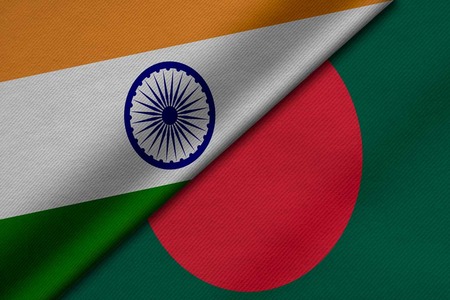
Dhaka and New Delhi progress towards easing trade barriers
YarnsandFibers News Bureau 2024-02-20 17:16:06 – IndiaDhaka and New Delhi are moving towards aligning standards to reduce significant non-tariff barriers between Bangladesh and India. India's concept note, currently under Bangladesh's review, highlights concerns about increasing technical and sanitary measures. Harmonizing these standards is deemed essential for boosting bilateral trade and economic relations.
Reports indicate that mutual alignment of product standards is crucial for unlocking trade potential between the two countries. The differing standards issued by BSTI and BIS pose challenges for imports and exports. Harmonizing sanitary measures is also seen as necessary to address existing barriers to trade.
Experts suggest signing the proposed CEPA (Comprehensive Economic Partnership Agreement) to simplify trade complexities. Various initiatives, including SAFTA (South Asian Free Trade Area), have been undertaken since the 1990s to strengthen economic and trade relations between Bangladesh and India. The document proposes identifying priority products facing non-tariff barriers for regulatory harmonization and collaborating on solutions to overcome these challenges.
Technical and sanitary measures in bilateral trades are governed by WTO agreements, which aim to ensure compliance with health and safety regulations. Despite similar policy goals, countries often adopt different standards, complicating trade operations. Harmonizing regulations is crucial to facilitate market access, reduce costs, and improve business efficiency.
Market Intelligence
Ask for free sample Report

experience
Customer Base
dedicated team
Countries Served Worldwide









